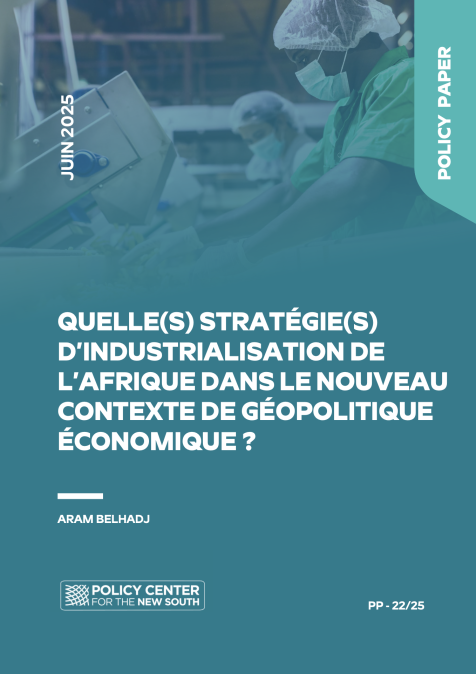Publications /
Research Paper
The role of the production network in shock propagation has been an issue of considerable interest since the Great Recession. However, the empirical literature has only focused on advanced and emerging countries. This paper aims to contribute to filling this gap by examining the case of Morocco, a developing country belonging to the lower-middle-income group. The question is whether its production network is a factor in amplifying idiosyncratic industry-level shocks or, conversely, a resilience factor. Overall, the findings indicate that this network is relatively sparse and balanced, compared to the sample of 66 countries for which input-output tables were published by the OECD in 2022. Idiosyncratic industry-level shocks have therefore a limited influence on aggregate volatility. In these conditions, it is unlikely that the Moroccan production network would serve as a significant propagation factor for sectoral shocks to the rest of the economy.










